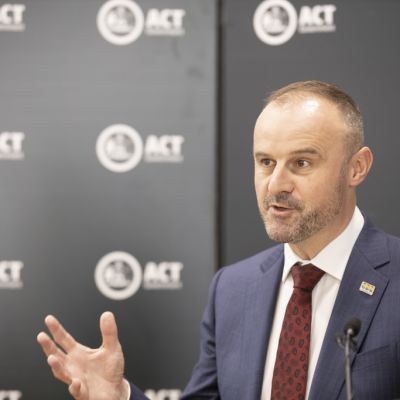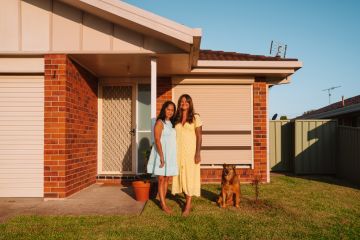ACT election: Four property-related measures under the Labor government
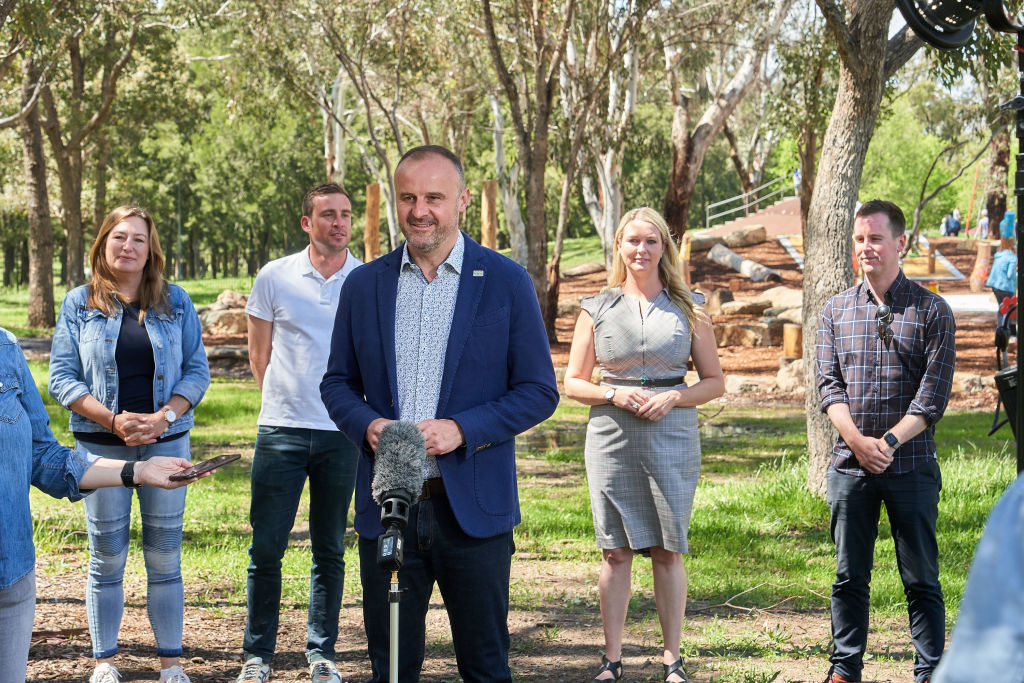
With the ACT Labor Party claiming victory for a sixth consecutive term, ACT Chief Minister Andrew Barr will govern the territory for another four years. But what did the Labor Party propose during its election campaign?
Along with vowing to create jobs and build new infrastructure including schools and the construction of the light rail to Woden, these are the four property-related measures the Labor Party has pledged to Canberrans thus far:
Residential and commercial rates
Labor has promised to cap residential and commercial rate rises at 3.75 per cent for five years from 2021-22.
This comes as part of the party’s 20-year plan to reform the territory’s property tax system, which it introduced in 2012.
To compensate for the loss of revenue, the state government introduced higher land taxes and rates for residential and commercial property owners.
So far, stamp duty has been abolished for first-home buyers on any residential property, so long as their annual household income was less than $160,000. Stamp duty was also axed for commercial properties of $1.5 million or less.
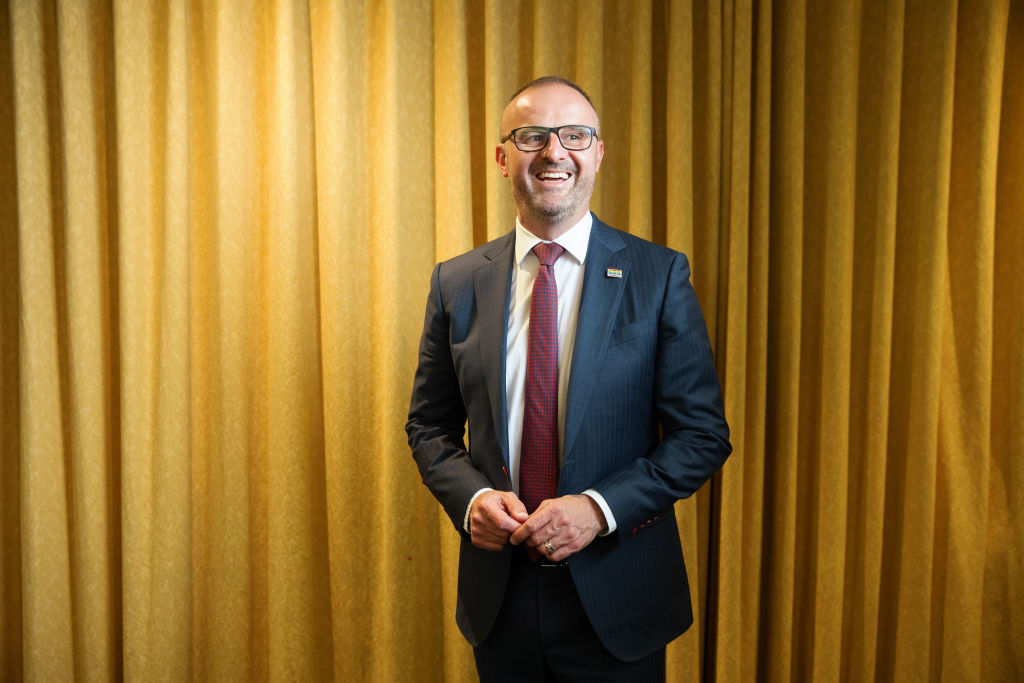
“As has been previously indicated, with the heaviest reform work now in the past, general rate increases will be lower in the future,” Mr Barr said in a press statement in August.
“Our stamp duty rates have fallen significantly to be the second lowest in the country. They will be the lowest in the country in the next phase of reform.”
The ACT government has already frozen rates this financial year, and offered a $150 household rebate to help Canberra’s economic recovery from the COVID-19 pandemic.
Utilities rebates
The re-elected Labor Party has also promised to help around 35,000 low-income Canberra households with a $900 rebate to help pay for their electricity and other utilities bills in 2021.
This is a $200 increase on the existing Utilities Concessions rebate.
The rebate will be automatically applied to Canberra households eligible for the utilities concession scheme including individuals who hold a Low Income Health Care Card, a Centrelink Pensioner Concession Card, a Centrelink Low Income Health Care Card or a Veteran’s Affairs Pensioner Concession Card or Gold Card Holders.
The cost of this commitment is $6 million to $7 million over the 2020-21 and 2021-22 financial years.
“These are the households who need our assistance,” Mr Barr said.
“Now, more than ever, Canberrans need an experienced, progressive government they can trust to lead the territory through.”
Renewable energy
Labor’s first major election commitment was around household renewables with the promise of providing interest-free loans to any ACT home owner to help with the upfront costs of investing in rooftop solar panels, household battery storage and hot water heat pumps in a bid to make homes more sustainable.
The commitment will offer interest-free loans of between $2000 and $15,000 to help with the cost of installation. Labor said it would commence offering the loans in the first quarter of 2021.
Up to 75,000 households are set to benefit from this offer with 1200 jobs to be created.
The scheme is only available for detached homes with an unimproved land value capped at $600,000.
“We believe all Canberrans should have the opportunity to benefit from cheaper household energy bills and make their homes more sustainable,” Mr Barr said.
“[The scheme] will generate savings in the hundreds, if not thousands of dollars depending on their individual energy usage and part of those savings will cover the costs of repaying the loan.”
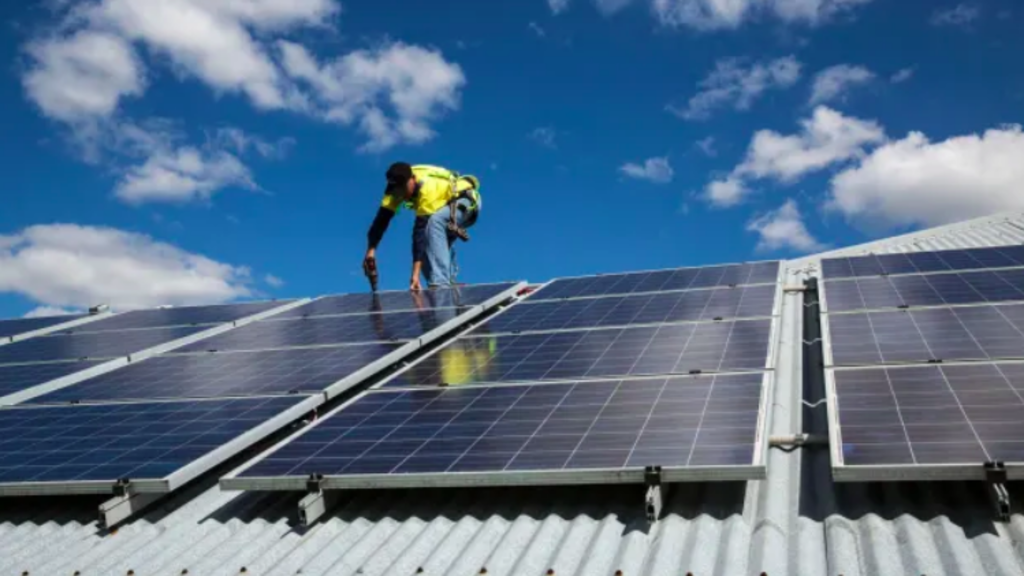
Household food recycling scheme
The Labor government will also bring forward the roll-out of a food recycling scheme by 2021.
In September, the party announced that 5000 households in the Belconnen town centre would be the first to benefit from the scheme in 2021 before it is expanded across the city as a weekly collection in 2023.
The scheme will mean that residents can place food waste in existing green bins with other garden waste.
In a press conference in August, ACT Recycling and Waste Reduction Minister Chris Steel said composting food scraps would reduce the city’s waste emissions by 30 per cent.
“Food waste currently goes to landfill where it turns into methane, which is a potent greenhouse gas that is 20 times more potent than carbon dioxide,” he said.
“This will help us to reduce our emissions but it will also be a great service for Canberrans.”
Green bins will also be issued to 50 per cent of Canberra households who do not already have one, at no cost.
“This will see food waste collected and then composted at a large-scale compost facility which will be built and ready for collection starting in 2023,” Mr Steel added.
Labor will also bring forward the rollout of the household bulky waste scheme to all Canberra households by 2021. The bulky waste pick-up scheme was introduced in 2016 as part of Labor’s election promise four years ago.
“Bulky waste pick-up supports Canberrans with a free service to help get rid of larger items that would otherwise mean a trip to the tip; but it also means less waste going to landfill through our partnerships to reclaim many of the items,” Mr Barr said.
ACT budget 2020
The ACT budget date is yet to be announced but according to the Pre-Election Budget Update document, released in September, the forecast deficit for this financial year has been revised from $909 million to $913 million.
ACT Treasurer David Nicol said there remained a level of uncertainty amid the pandemic that would have an impact on the economic and fiscal forecast.
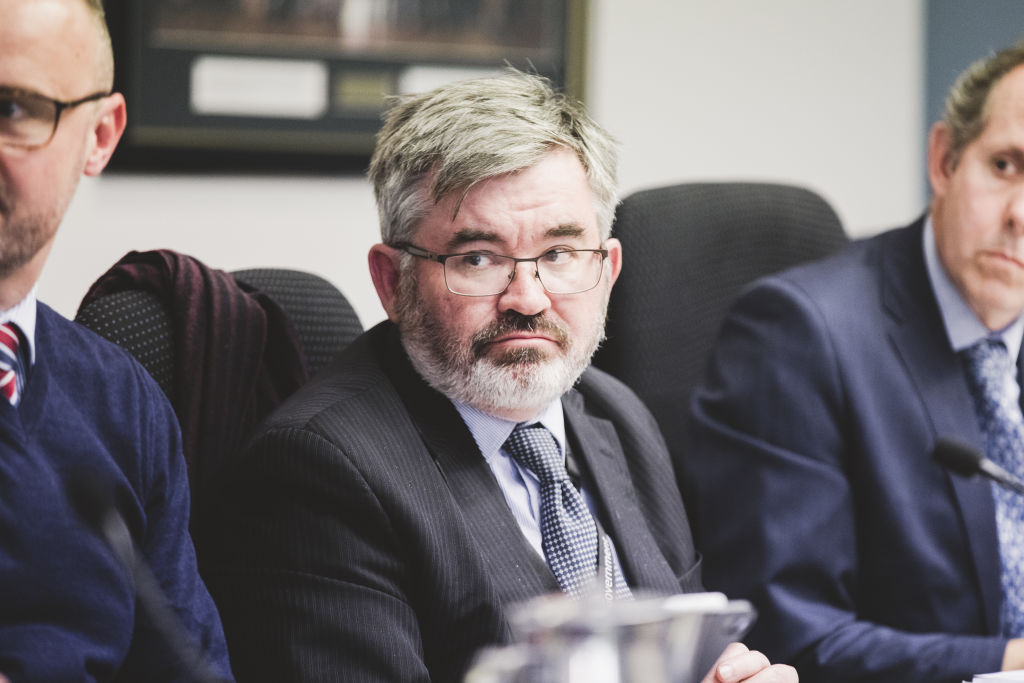
“Nonetheless, the economy is substantially weaker, revenue collections have contracted markedly, and the fiscal situation has deteriorated significantly since restrictions were introduced on 23 March this year. This environment has affected all jurisdictions in Australia as well as most countries around the world,” Mr Nicol said.
We recommend
We thought you might like
States
Capital Cities
Capital Cities - Rentals
Popular Areas
Allhomes
More
